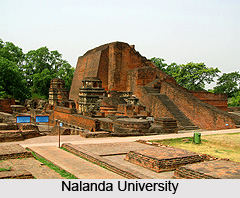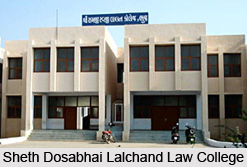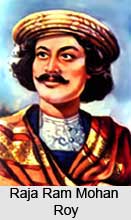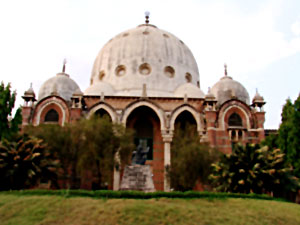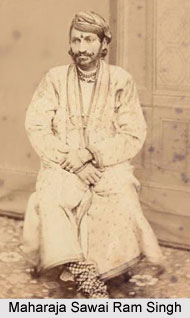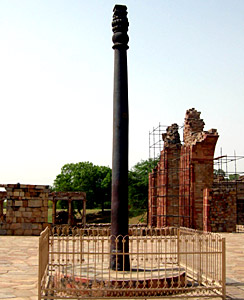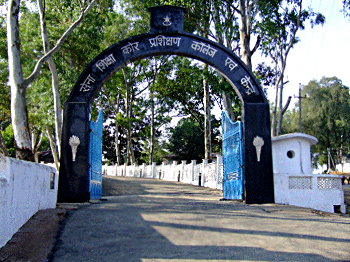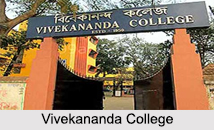 Established in the year 1950, the Vivekananda College is a degree college in Kolkata, in the state of West Bengal. Located in the Thakurpukur area, the Vivekananda College has been ranked the No. 1 in Science Stream in the city of Kolkata as well as in the Eastern Region. It has also been placed 28th at the National Level in Science Stream.
Established in the year 1950, the Vivekananda College is a degree college in Kolkata, in the state of West Bengal. Located in the Thakurpukur area, the Vivekananda College has been ranked the No. 1 in Science Stream in the city of Kolkata as well as in the Eastern Region. It has also been placed 28th at the National Level in Science Stream.
History of Vivekananda College
Initially known as the Barisha College, the Vivekananda College had its origin in 1950 under the Dispersal Scheme of the State Government to ease pressure for admission of students to the Colleges in the Calcutta Metropolis with the influx of people from the erstwhile East Pakistan, the present Bangladesh. It was first housed in Barisha High School and later shifted to its newly built premises close to the school compound in 1953. The Vivekananda College was then an Intermediate College.
In June 1956 the Vivekananda College was sponsored by the State Government with its upgrading as a degree college and in the same year it was also brought under the Refugee Education Scheme of the Ministry of Rehabilitation, Government of India, with the State Government retaining control over it. Afterward, it was at this time that the college was christened as Vivekananda College to honour Swami Vivekananda - the great patriot and social reformer, an eternal embodiment of the soul of India and a great inspiring force behind the making of modern India.
With an increase in the number of students, there was an acute lack of space so finally in the year 1959, the Vivekananda College was again shifted to its new spacious campus at Thakurpukur. The original college building at Barisha made room for its Women Section, which in 1961 became a separate independent college with the name Vivekananda College for Women.
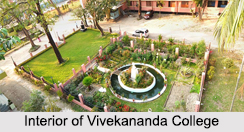 Objective of Vivekananda College
Objective of Vivekananda College
The main objective of the Vivekananda College is the advancement of learning, which strongly manifests the spirit of education for empowerment. The Vivekananda College enjoys the rare distinction of catering to the educational needs of a composite section of young learners belonging to both the urban middle class of the southern suburbs of Kolkata and the rural poor of South Bengal to holding high the inner motive of the college, which is: `Tomoso Ma Jyotirgamoy` meaning, `from darkness, lead us to the light`.
Courses offered in Vivekananda College
The undergraduate courses offered in the Vivekananda College are divided into two sections: the Bachelor of Arts and the Bachelor of Science. There are 7 subjects included in the Honours course of the Bachelor of Arts: English, Sanskrit, History, Bengali, Philosophy, Political Science and Journalism. While the Honours course of the Bachelor of Science includes 12 subjects: Physics, Chemistry, Mathematics, Economic, Botany, Zoology, Computer Science, Bio-Chemistry, Environmental Science, Electronics, Geography and Statistics.
Affiliated to the University of Calcutta, the Vivekananda College also offers Post Graduation courses in specifically two subjects: Master of Arts in Bengali and Master of Arts in History. Currently, the Vivekananda College also offers a career oriented 1 year certificate course sponsored by the University Grants Commission (UGC) on Microfinance Management.
